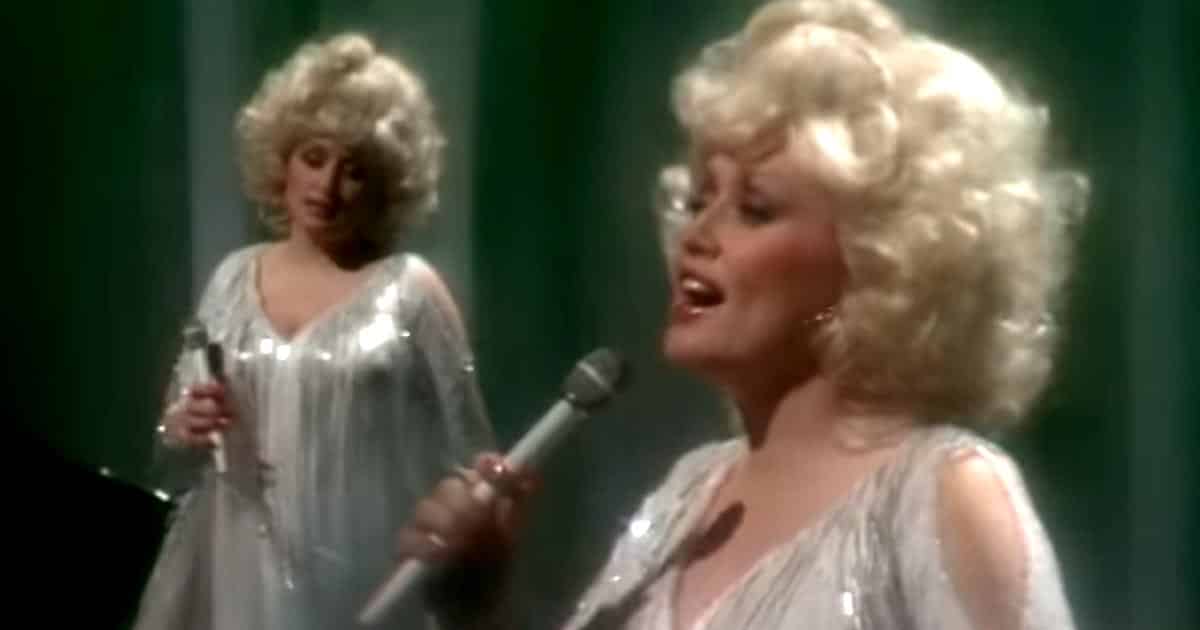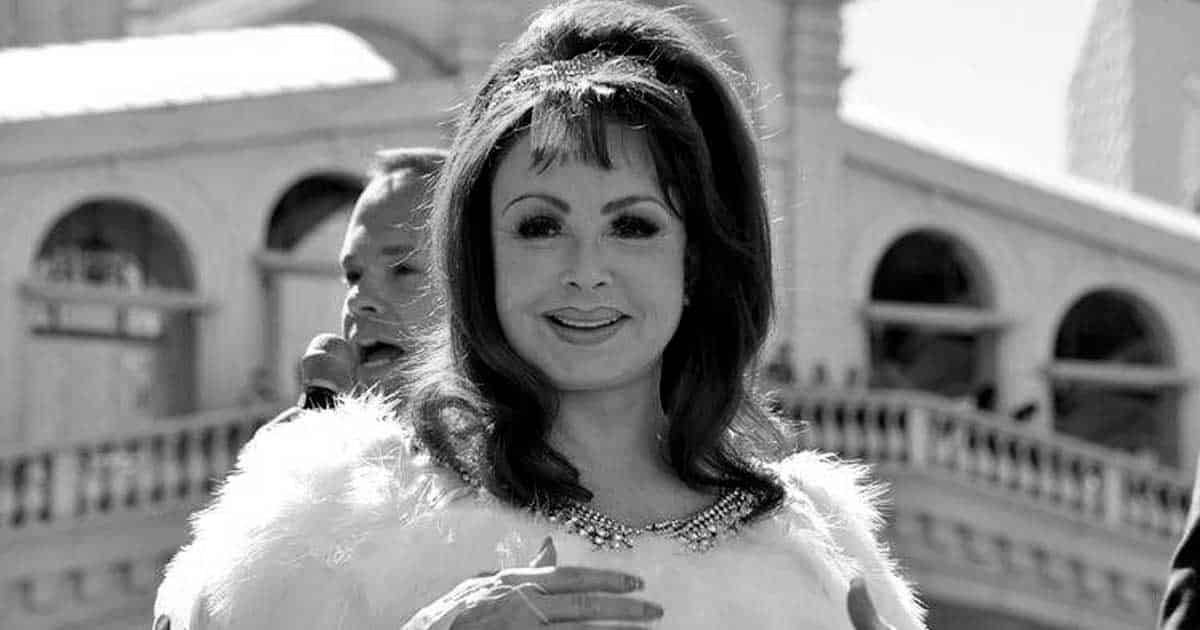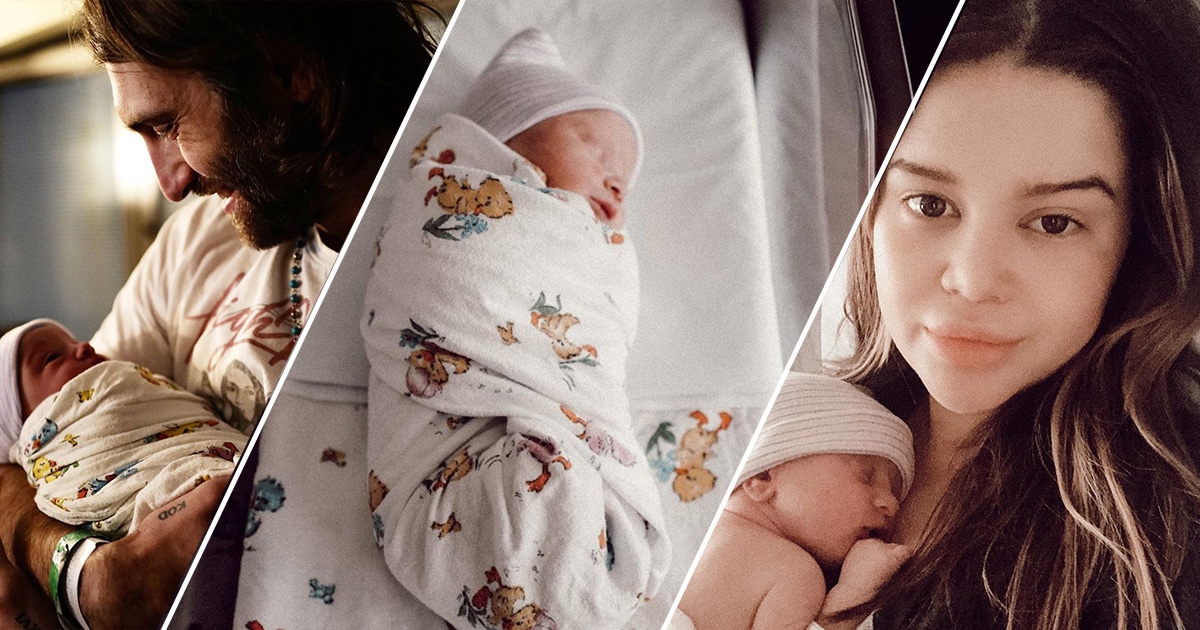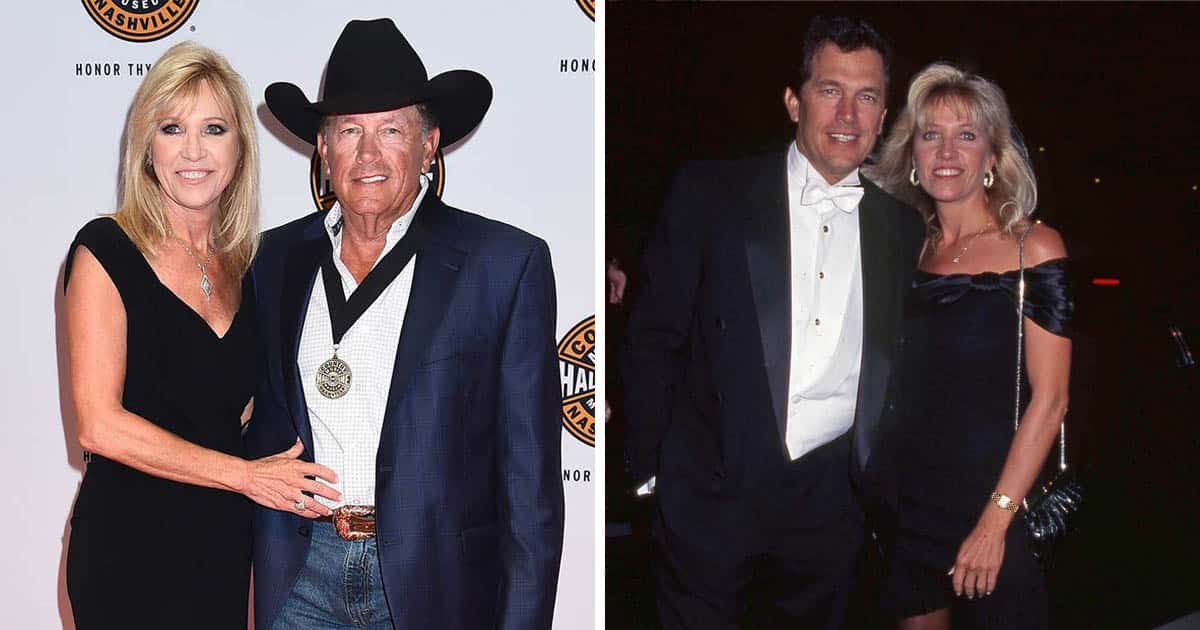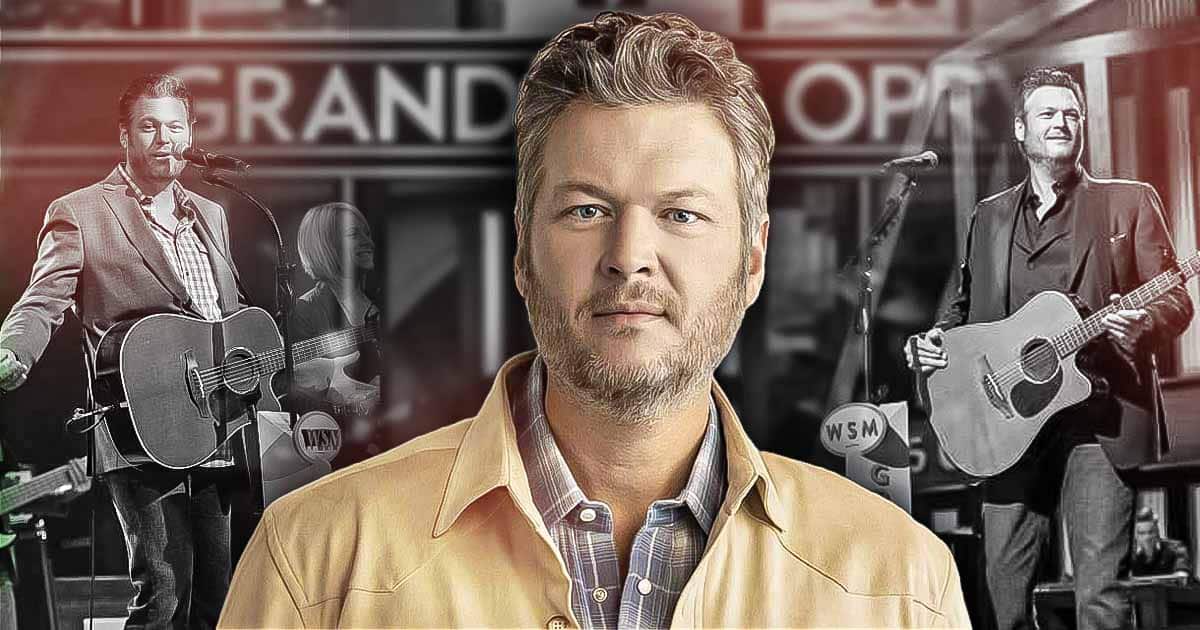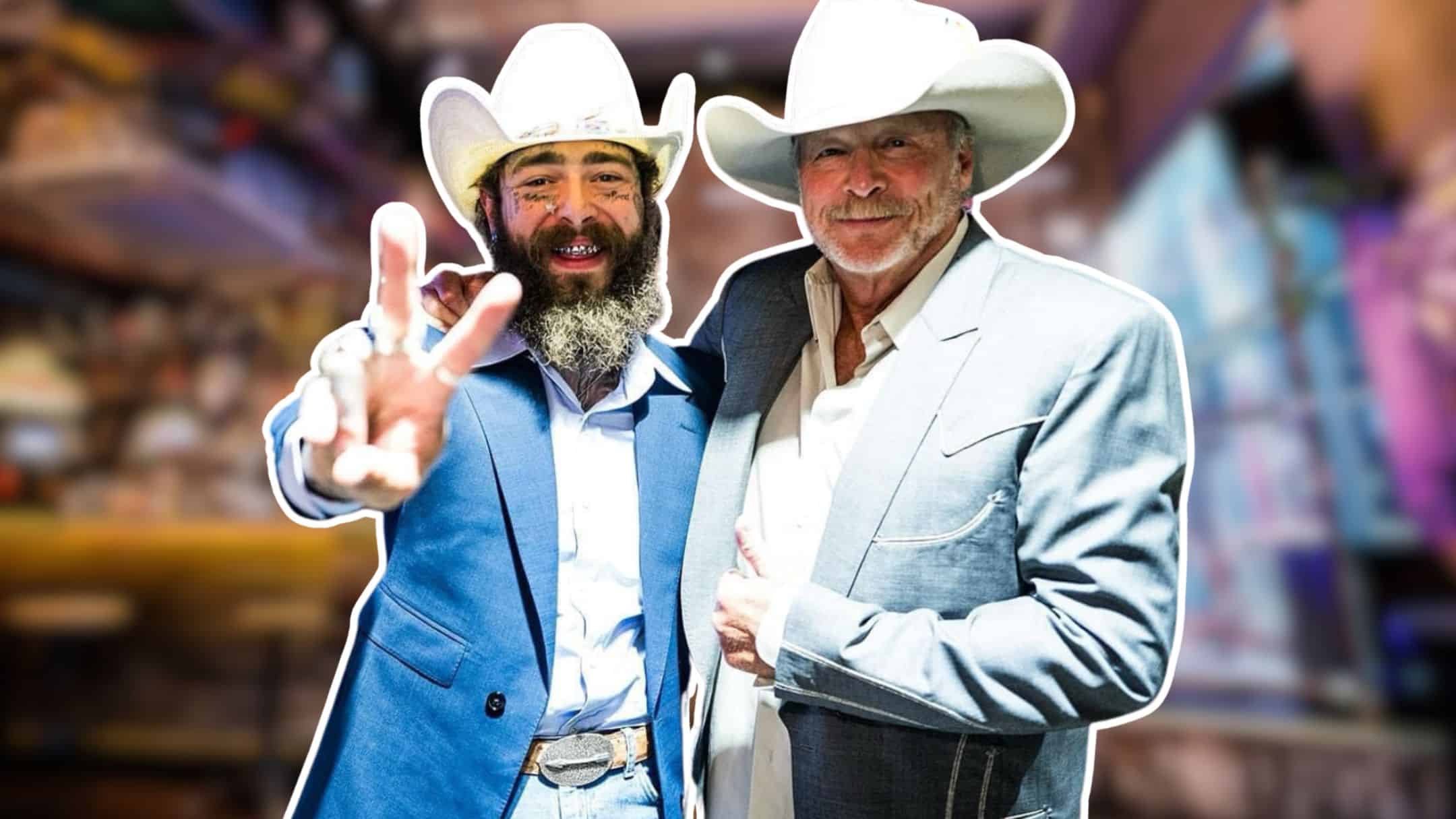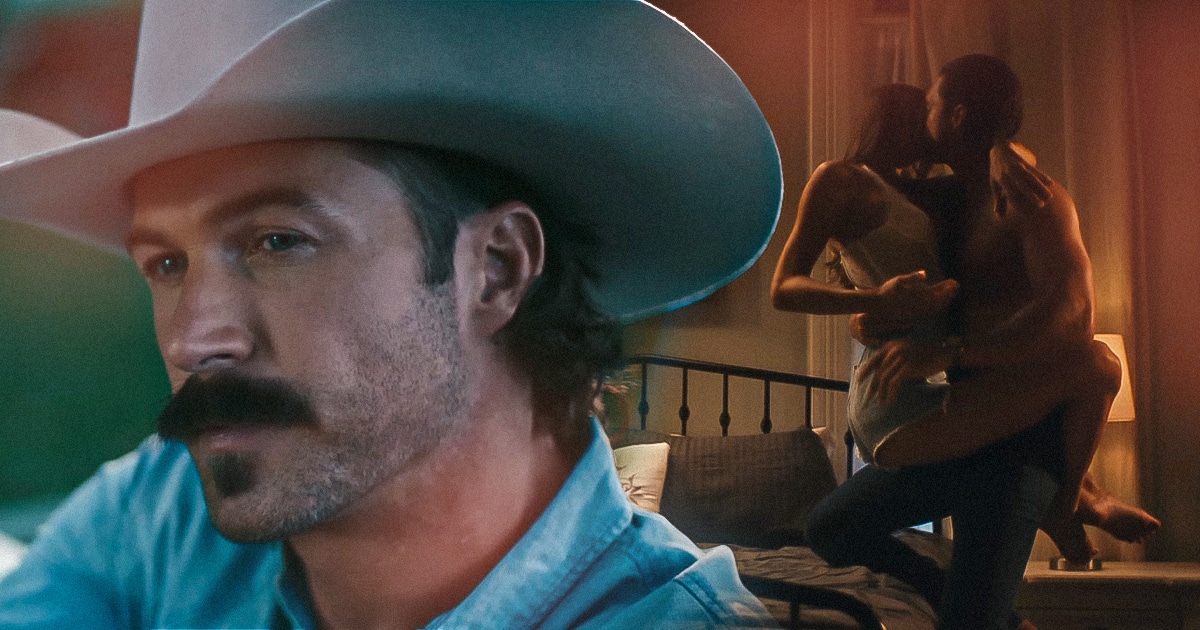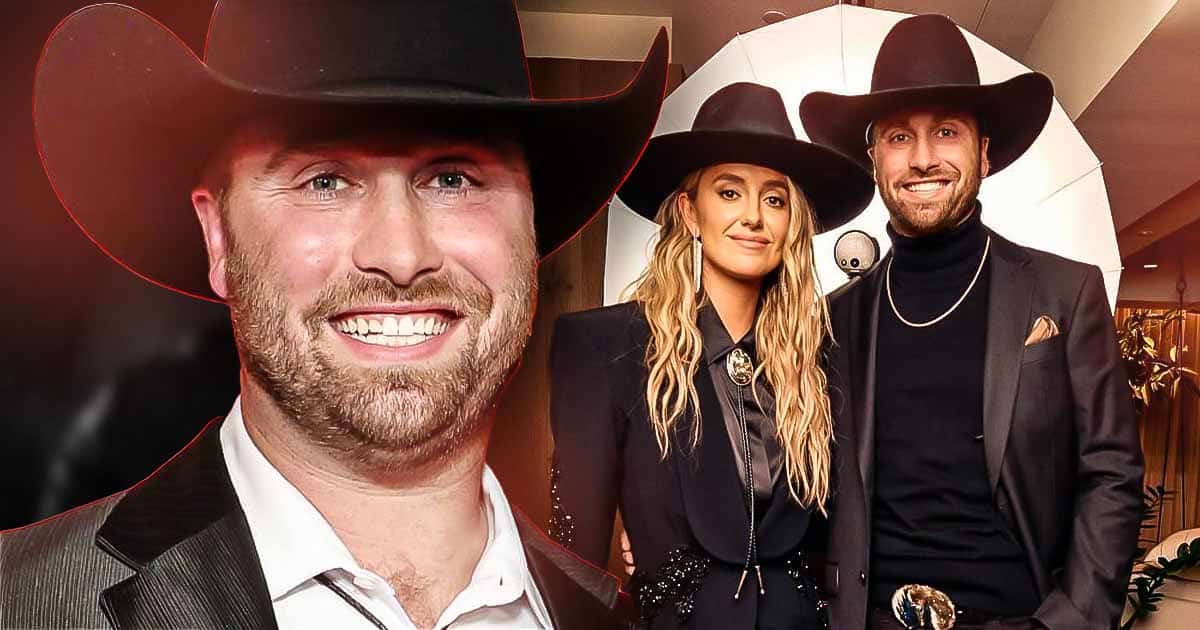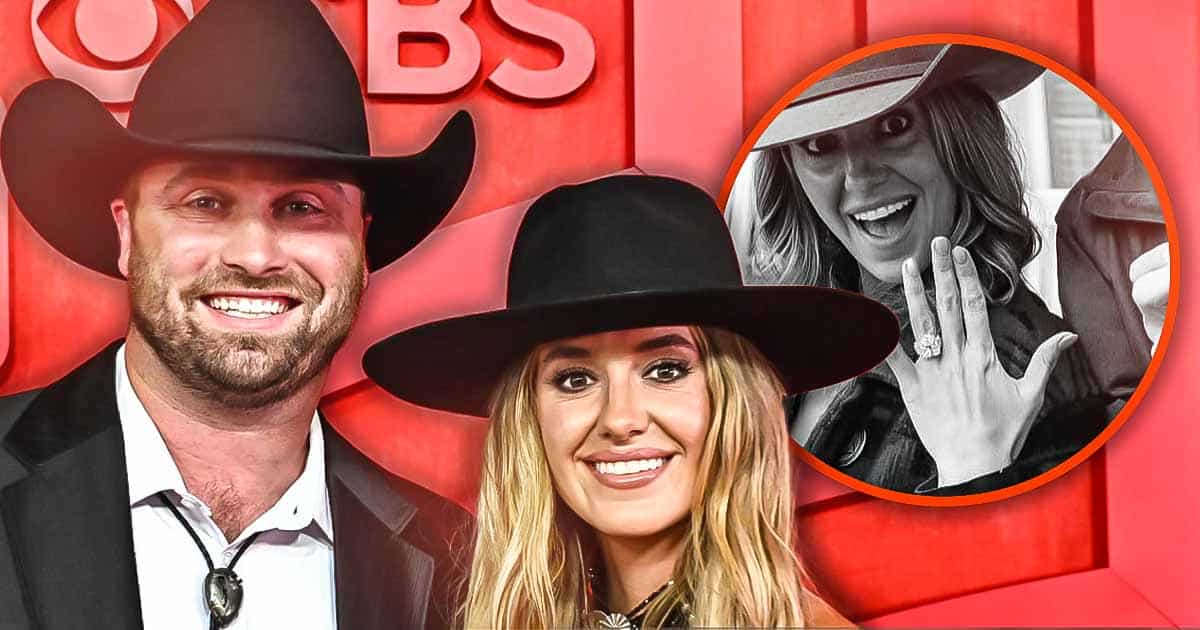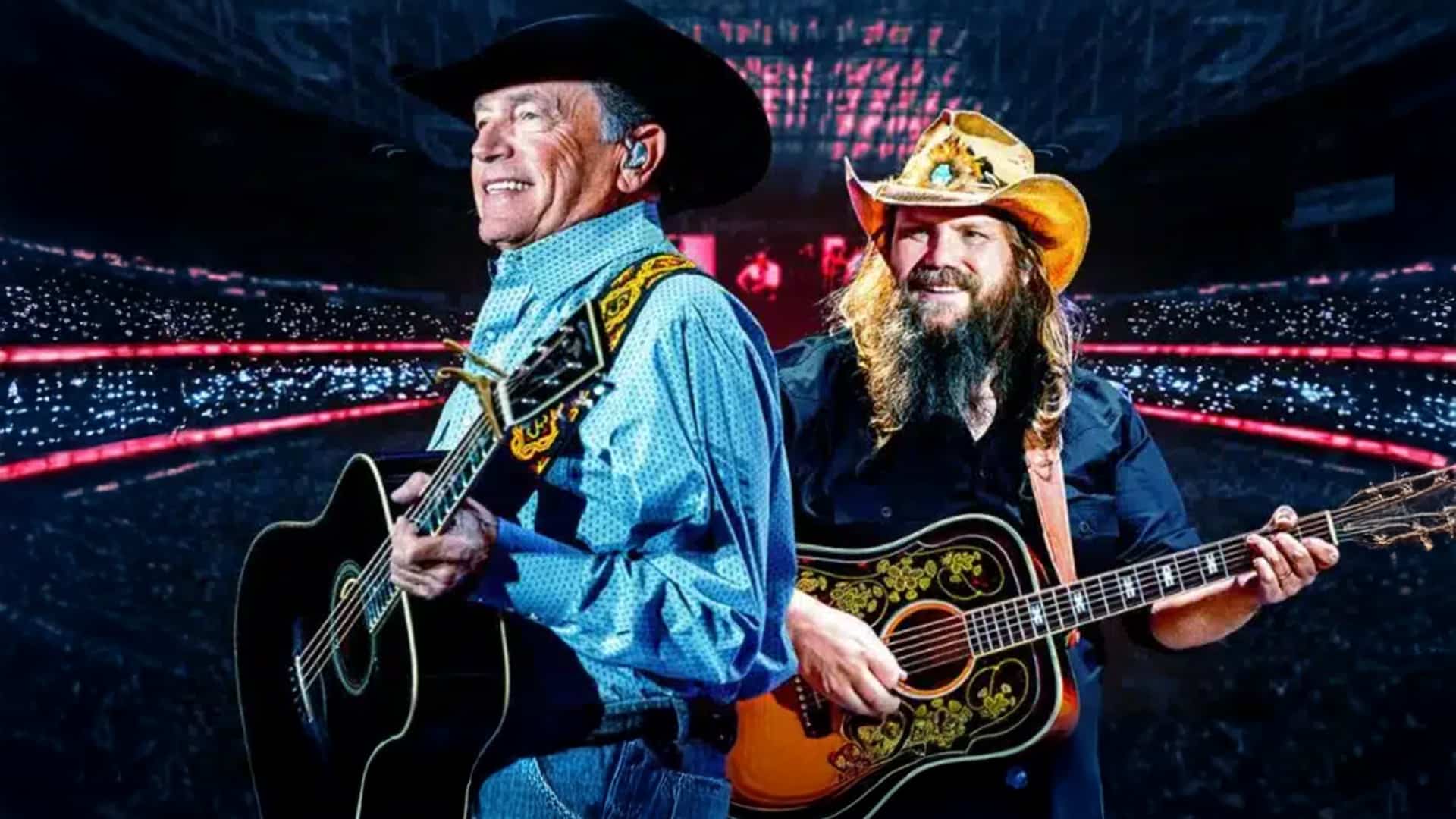In her decades-long career, starting with her debut solo album Hello, I’m Dolly in 1967, Dolly Parton successfully made a name for herself. Here’s the thing: She’s not just an icon in the country genre but also in the entire music industry, dabbling in pop and even rock n’ roll. In fact, she was even inducted into the Rock & Roll Hall of Fame — a historic recognition she almost didn’t accept. And one of the contributing factors that cemented her in that position is her songwriting prowess. Almost all of her hits were penned by her except for a rare few, including “Here You Come Again.”
Written by Barry Mann and Cynthia Weil, this track was released as a single in September 1977 as the title track of the same-titled album. It topped the country singles charts for five weeks, nabbed a top 2 on the Adult Contemporary, hit number 3 on the Billboard Hot 100, and scored Parton her first significant pop crossover hit. On top of that, it also won her the 1978 Grammy Award for Best Country Vocal Performance.
But aside from the rarity of it being one of Dolly Parton’s hits that she didn’t write herself, did you know that it wasn’t meant for her in the first place, and she wasn’t the first to record it? Yes. The songwriters actually had Brenda Lee in mind for it and B.J. Thomas initially cut it. Nevertheless, Parton made it a knockout song that has since become a classic in the genre.
Meaning Behind the Song
“Here You Come Again” is about that one person who becomes completely helpless whenever their ex-lover walks by them. All defenses are down, with moves messing up the mind, shaking up their whole being, and wondering how they even doubted them in the first place.
The song opens with its signature keyboard intro, and at this point, everybody’s attention is already hooked. According to Weil, Mann composed the melodies. As for the equally iconic opening line, “Here you come again / Just when I’ve begun to get myself together, “ it was Weil’s. And Parton delivered it with such emotion that just had listeners hooked until the end.
Initially, Parton felt the song might be too slick and would’ve cost her some fans. But she was talked into doing it, and as Weil said, she was thrilled that she did.
Catch Dolly Parton’s first million-selling record, “Here You Come Again,” below.

